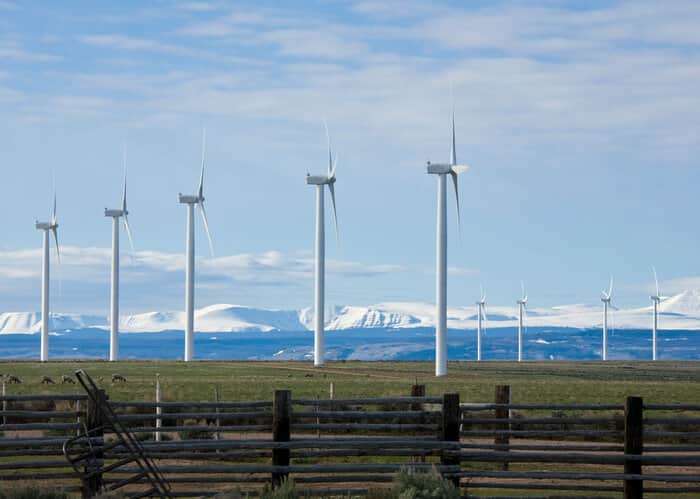Despite making progress in reducing greenhouse-gas (GHG) emissions, Canada is not on track to achieve the federal government's 2020 emissions-reduction target of 17% below 2005 levels, concludes a new report by the National Round Table on the Environment and the Economy.
‘Canada will not achieve its 2020 GHG emission reductions target unless significant new, additional measures are taken,’ the report states. ‘More will have to be done. No other conclusion is possible.’
The research is based on original modeling using Environment Canada's data and extensive consultations with the provinces and territories as well as academic and public policy experts.
According to the report, a national target needs a concerted national policy behind it, and the country has yet to implement effective policies to address some large sources of emissions.
Provincial policies are driving the largest portion of emissions reductions to date – 75% of all emissions reductions by 2020 – although the federal portion should rise to approximately one-third by 2030, the report says.
Provinces are making progress toward achieving their own targets, but almost all will need to introduce additional measures to meet them. Only Nova Scotia, and possibly Saskatchewan, are forecasted to achieve their targets.
The report notes that while the target is not yet out of reach, the cost of additional policies to close the gap will be higher on average than policies pursued to date. Although almost half the emissions reductions to date from existing and proposed measures have been in the low-cost range of C$50 per ton and under, achieving Canada's 2020 target in the most cost-effective way will require an increasing share of emissions reductions to come from medium- and high-cost measures of up to C$150 per ton.
For Canada to achieve its targets cost-effectively, most emissions reductions will have to come from the oil and gas sector, followed by manufacturing, electricity generation and transportation, the Round Table predicts. In addition, emissions reductions from Alberta will need to account for more than half of all future reductions to meet the 2020 target, followed by Ontario and British Columbia.



